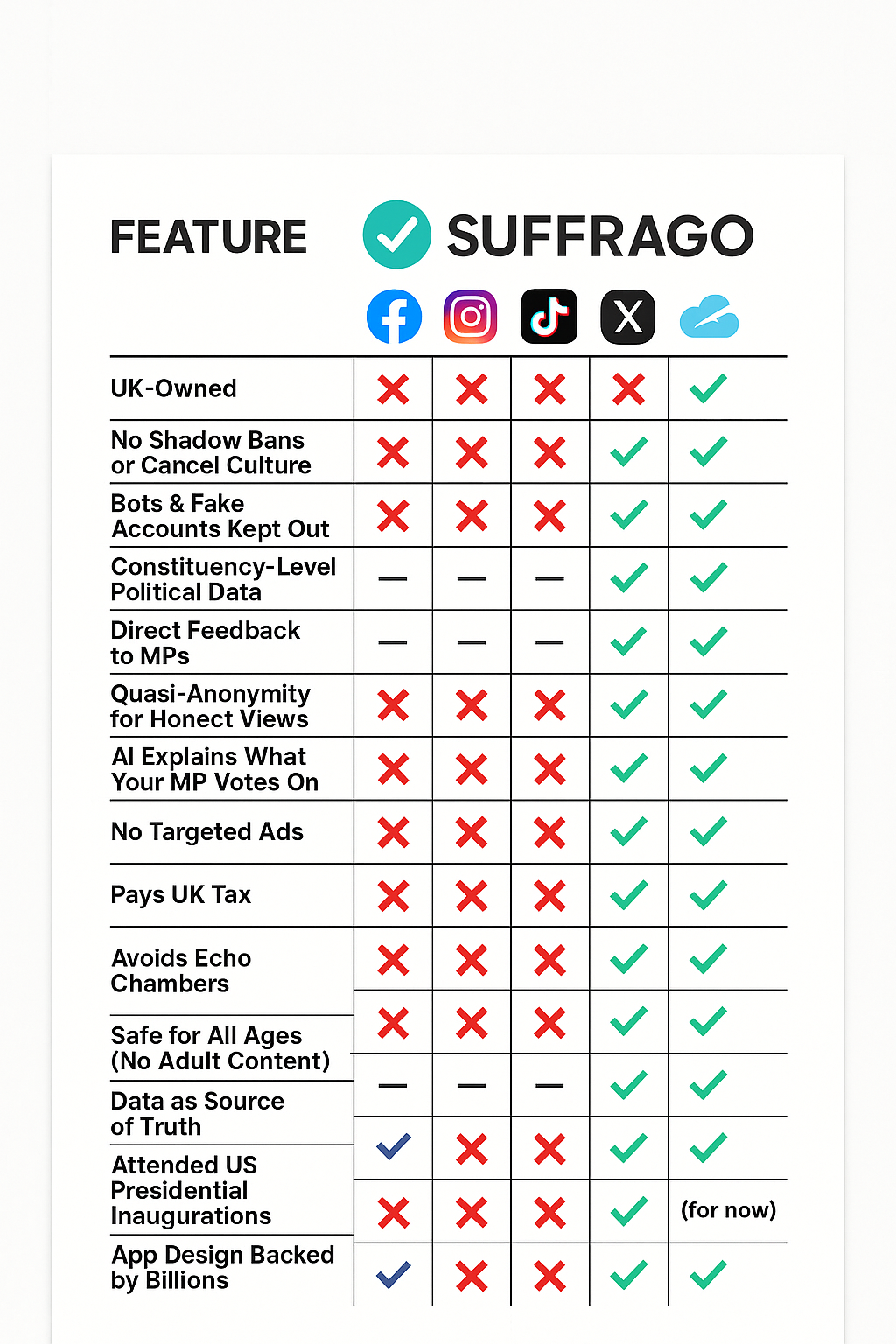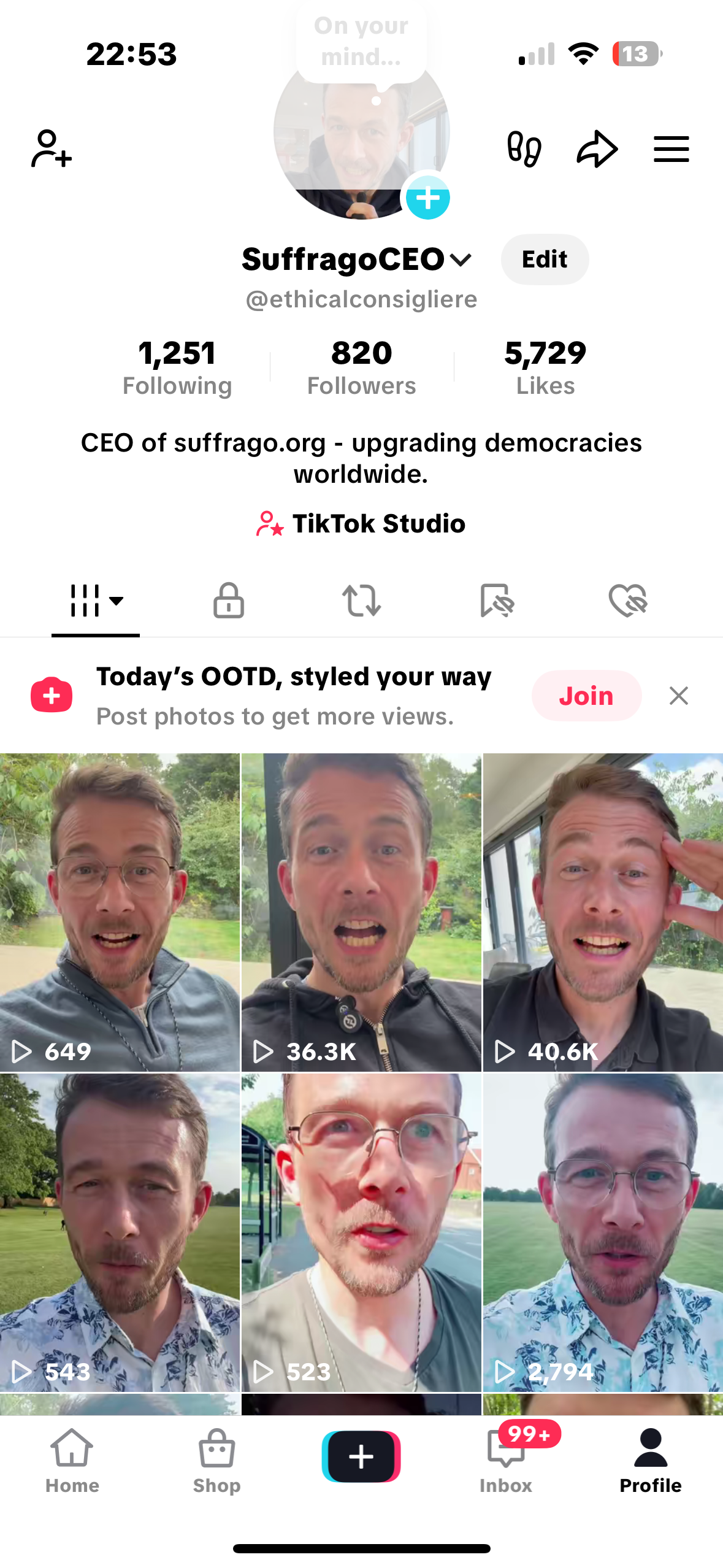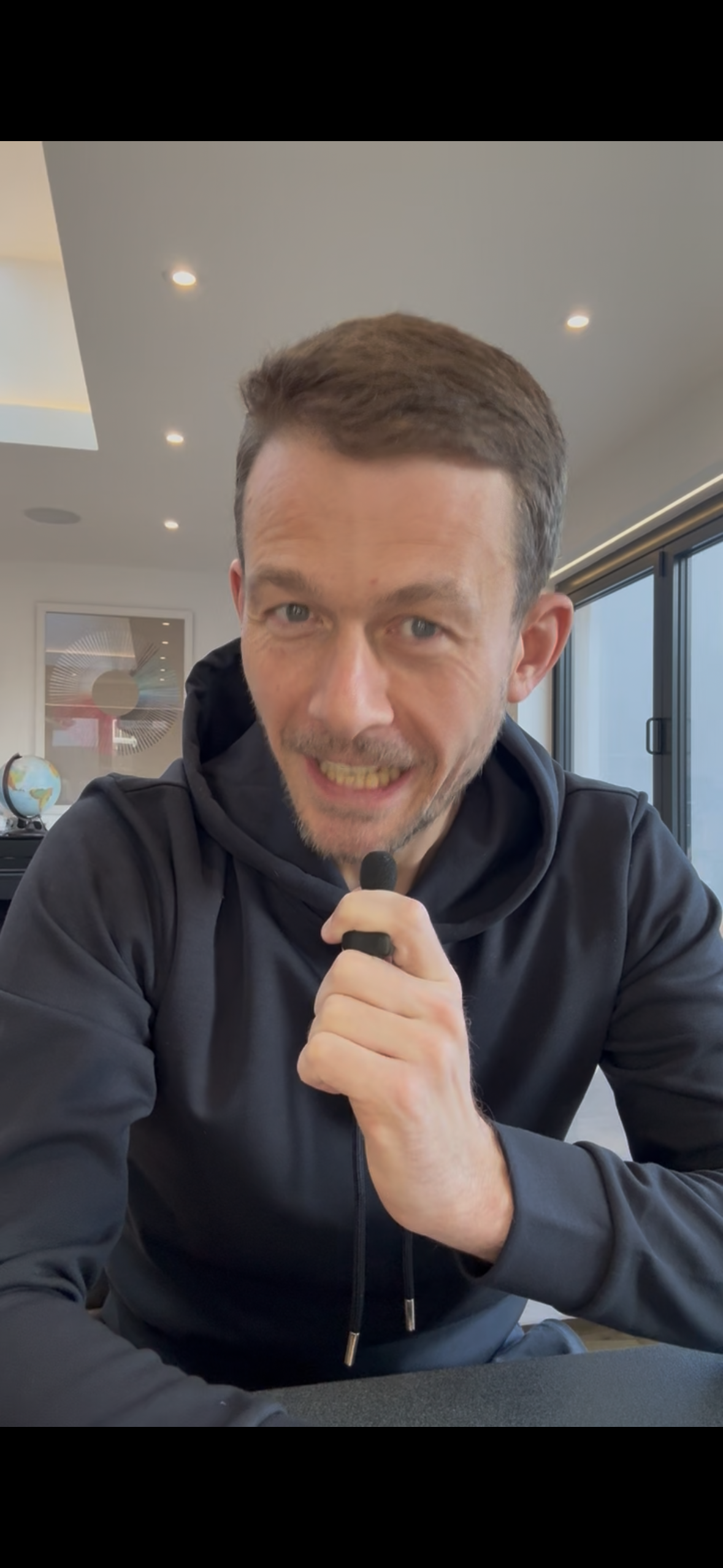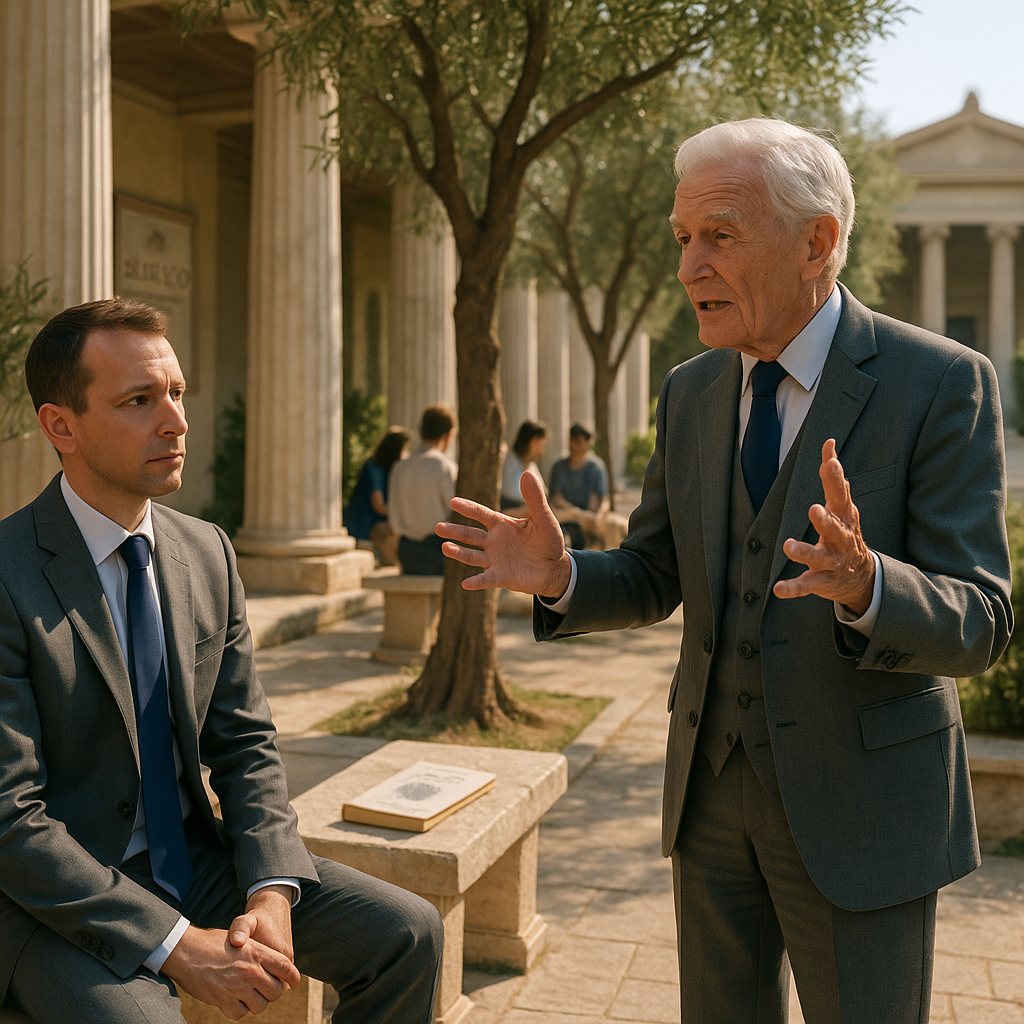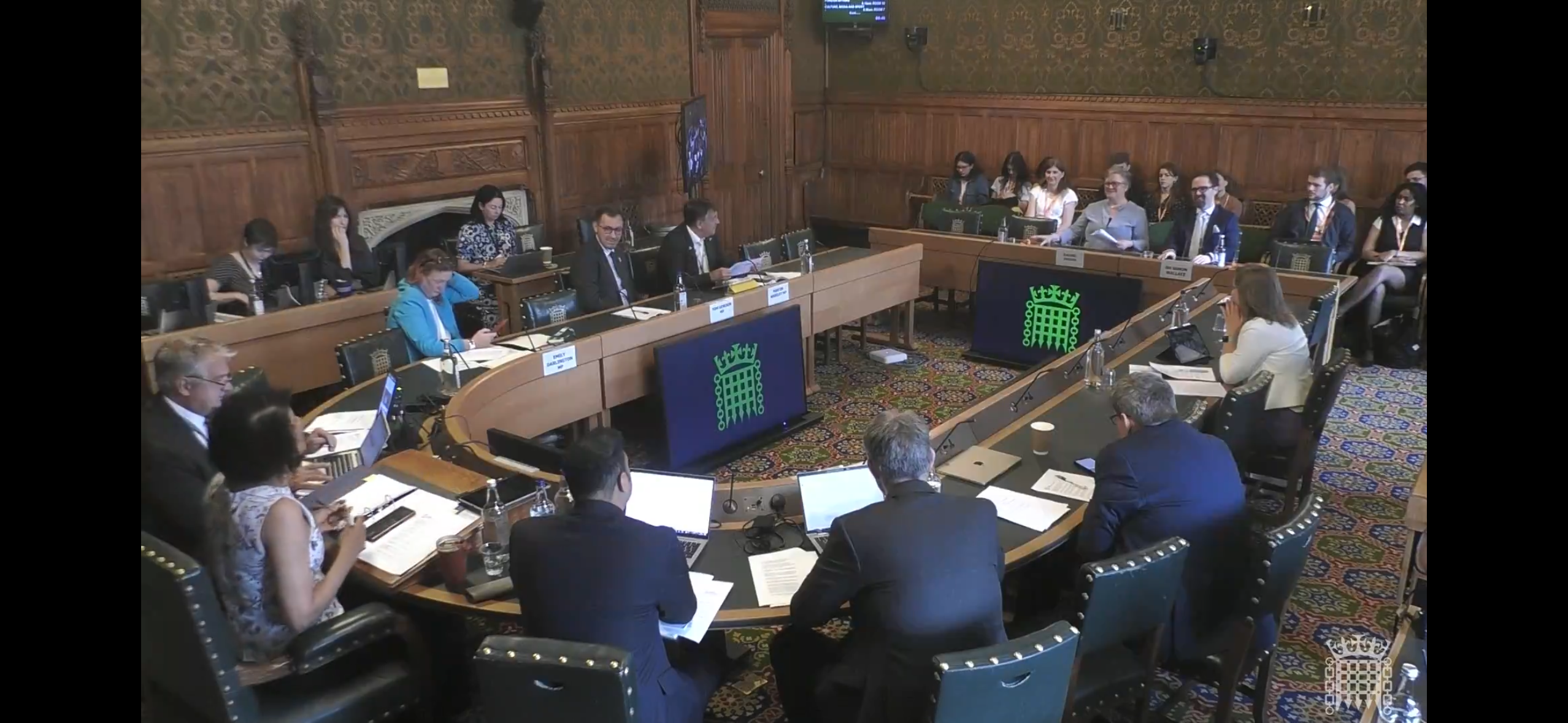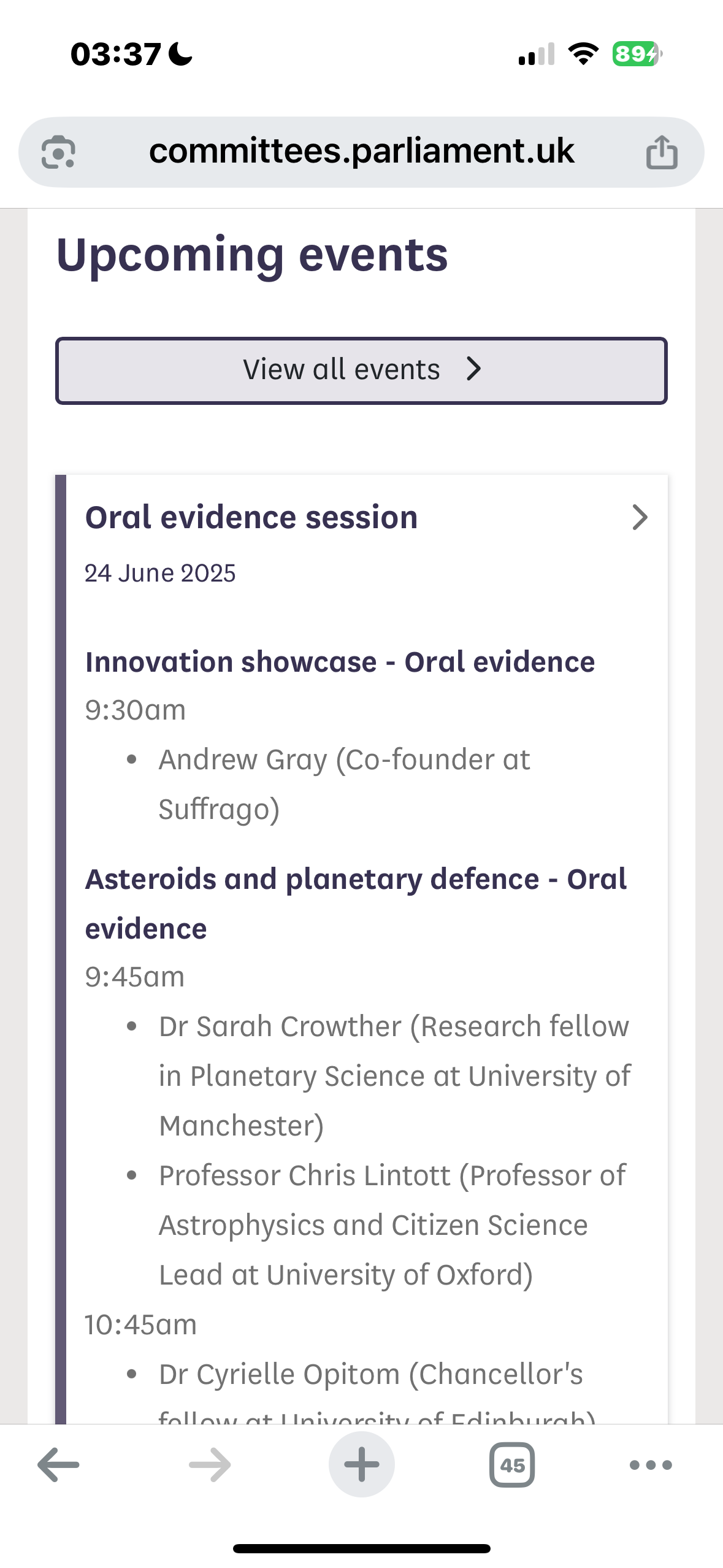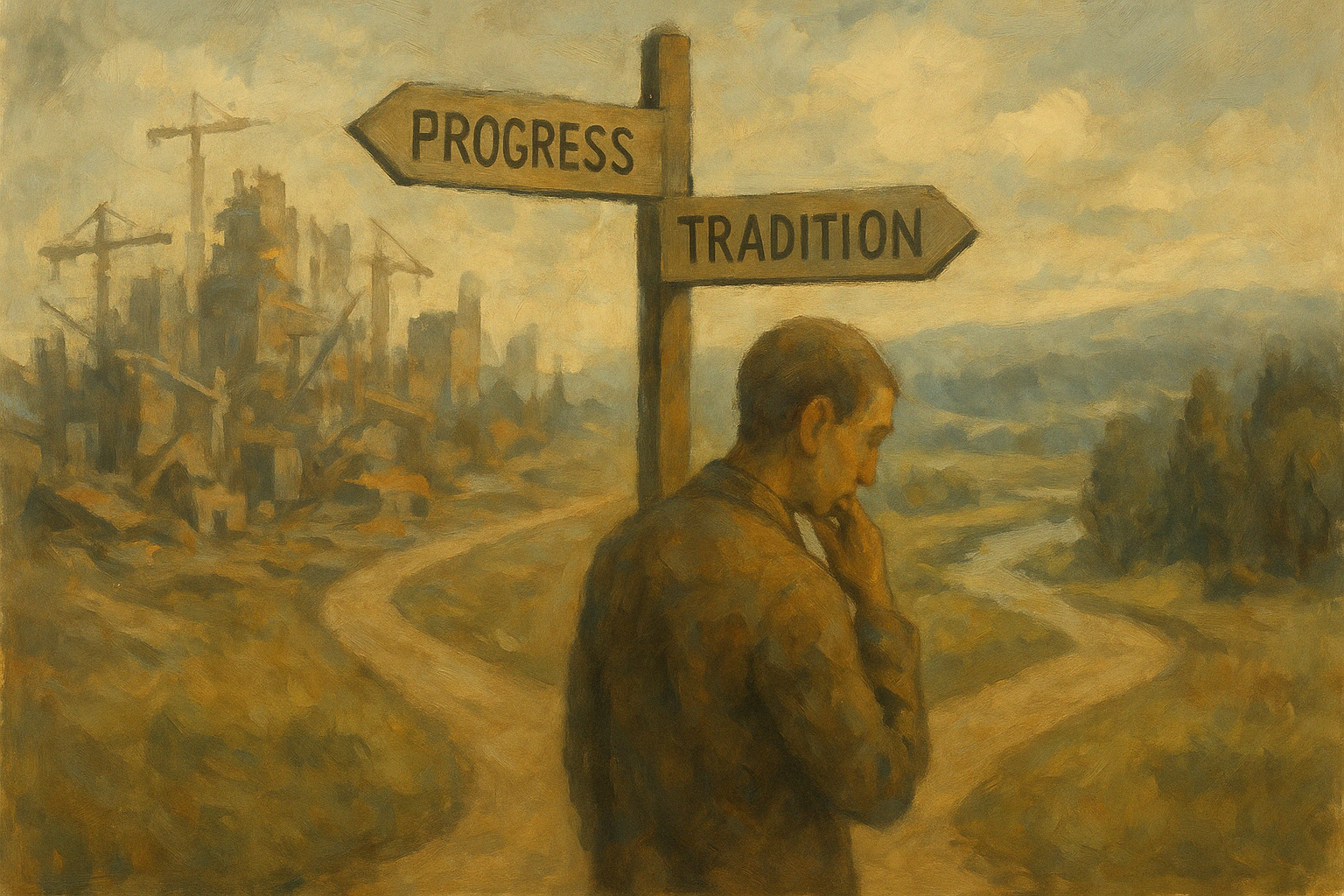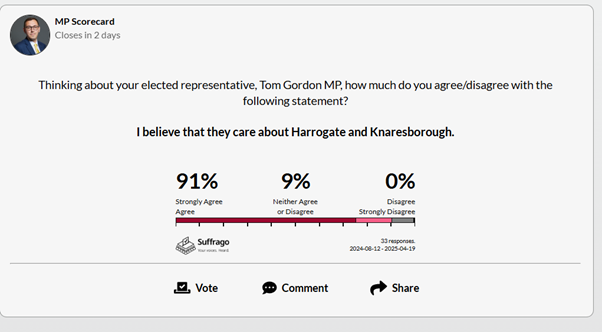This is my presentation to the 6th formers at St Aidan’s and St John Fisher’s schools, Harrogate, in June 2022.
(When giving a presentation, I usually write a transcript, then depart from it as I go. What follows is my notes – not what I precisely said)
Hello, I’m Andrew Gray. I’m a solicitor and the founder of Truth Legal solicitors of Harrogate and Leeds. I set up Truth Legal ten years ago, when I was 32.
Truth Legal is, primarily, a David v Goliath law firm – i.e. we tend to act for the little people who are enforcing their legal rights against a stronger opponent.
I also run a non-profit political tech project called The Harrogate District Consensus, as well as two other companies. And I host The Harrogate Podcast and I also blog.
I’m married to a lawyer and we have two kids.
And I have a confession for you budding law students: when I grow up, I still don’t know what I want to do with my life.
So, if you don’t know what you want to do with your life, don’t worry. You’re in good company. Remember: life is about the journey, not about the destination.
…………………………..
This talk is collection of true stories, interspersed with questions for you. These stories shaped my life and my career.
In one of my stories, I will explain why I am sitting down to deliver this talk and why I have pre-recorded it.
I’ll take a Q and A at the end. You can ask all the cheeky questions, if you wish, such as: how much do lawyers earn?
……………………………………….
My first story.
Let me take you to Monday 15th August 2005: this was my first day at work as a trainee solicitor. I had secured a good training contract – which is 2 years of working as a trainee solicitor – with a large Manchester law firm.
My first day had gone well, though of course I had been quite nervous about it. That evening, I drove to Manchester Piccadilly Train Station to collect my girlfriend (now my wife). I parked opposite the station, leaving my border collie dog in the car. I was wearing jeans and a t-shirt, so it’s fair to say I didn’t look much like a lawyer.
I jogged across the road, heading towards the station entrance. As I did so, a car pulled up, and a big guy got out. Instead of walking towards the entrance, he walked straight towards me. I got the sense that he meant trouble.
As our paths crossed, he slammed me to the floor and put his fist in my face. It was like a scene from a movie. “You’re under arrest,” he said.
Stunned, heart pounding and mind reeling, I spluttered: “What for? Where’s your ID? Where’s your ID?”
He didn’t reply.
“I’m going to put you in a van,” he said. Menacingly, he kept looking up and down the street.
Now, I came to the only sensible conclusion: I was being kidnapped. I offered him my wallet, my phone, my car keys, but he wasn’t interested. I was definitely being kidnapped.
I had no choice. I had to escape. After all, my dog was in the car watching me take a beating!
I still don’t know how I did it, but — somehow — I managed to wrestle my attacker off me. In the process, I lost my shoes, wallet, phone, keys. Barefoot, I ran as fast as I could, screaming, “Help! Call the police!” Unfortunately, the streets of Manchester at 11pm on a Monday night are pretty empty.
I took a left, under a long bridge, running as fast as I could. Then, I hid in a nook, where the bridge melded into another bridge. When the coast was clear, I started running again until I found two Royal Mail workers who were cleaning vans. Covered in blood and barefoot, I asked that they call the police.
Almost immediately, two police officers arrived in an unmarked car. I told them my story and they put me in the back of their car – once I had seen their IDs! They agreed with me: they thought that I had thwarted a kidnapping. So, they radioed headquarters to report the incident and we returned to the location of the incident, to hunt for my attacker.
Scouring the streets, we came across two police officers who had arrested a 20-something-year-old bloke: he was a similar age and build as me, wearing jeans and a t-shirt. My two police officers got out to find out what had happened. When they returned, they explained that there had been an armed robbery in the area and that the man who had assaulted me was in fact an off-duty British Transport Police officer, who was trying to make an arrest. The off-duty officer thought that I – Andrew Gray – was the armed robber! It was all a case of mistaken identity. Hahaha!
Turning midnight, I demanded that my attacker – the police officer – return to the station to explain himself. When the errant officer returned, he shook my hand and apologised. He explained that he thought that I had a gun or a knife. His senior officer hosted the meeting.
When I asked the officer why he didn’t show me his ID — hence why I fought him off and fled! — he had the gall to deny that I had asked him for his ID! Why else did I offer him my belongings, I argued? Not the actions of your typical armed robber.
After only a few hours’ sleep, bloodied and battered and dazed, I started my second day as a lawyer.
Budding law student, I have some questions for you:
- If you were me, would you have sued the police? I didn’t sue.
- Would you have represented me in a case for compensation against the police force?
- If the police officer was charged with assault, would you have represented him in a Magistrates’ Court?
- If the police officer lost his job for his actions, would you have represented him, as his lawyer, in an Employment Tribunal?
That awful experience gave me 3 key insights.
First, people in power lie – think Boris Johnson over Partygate. In my case, the Police Officer did not have his ID with him, otherwise I would not have resisted arrest.
Second, witnesses – as I was – have false memories. When I recounted, to my assailant’s senior officer, what I remembered, I explained that my attacker got out of a green coupe car. But this was not so: the car wasn’t green, and it wasn’t a coupe. I wasn’t lying. The lesson: even honest witnesses have false memories.
Third, as a lawyer who has represented hundreds of injured people, I understand that the psychological/mental distress of an incident is often more debilitating than the physical effects. I know, because I developed an anxiety disorder which led me to move away from the city, here to Harrogate.
………….
Re-winding somewhat, I bet you will want to know what grades I got for GCSEs: they were above average but not outstanding. For A-levels, I took Geography, Classics and Business Studies. My grades were sound, but not spectacular.
For my degree, I studied my passion, which was, and remains: politics. More precisely, my degree was PPE: Politics, Philosophy and Economics. I don’t have a proper law degree.
For university, I went to my first choice which was Manchester University: it was the best one closest to where I lived. I got a 2:1, only just.
Another true story, which shaped my life and career:
………………………………
In 2001, one week before I was due to graduate from university, my best mate, whom I had lived with for three years, was crossing a street at night with his mates. Unbeknown to him, some kids, with criminal records as long as your arm, stole a car, took a load of drugs, and then drove as fast as they could, determined to knock someone over.
They murdered my best mate: driving at 65mph in a 30pmh. He died instantly. A few days later, I went to the murder scene. Next to a shrine of flowers, police forensics officers had painted white circles on the road to show where they had found various parts of my friend and his possessions.
Mercifully, the brilliant police officers eventually caught the three killers. I attended the trial. Each of the three killers had their own solicitor and their own barrister: 6 lawyers defending them, all paid for by the taxpayer. My friend’s family was, in simple terms, represented by the Crown Prosecution Service’s lawyers.
The jury convicted the three of Death by Dangerous Driving (not murder), and they were sentenced to 8 years in prison.
Budding law students, I have some questions for you:
- Each of three defendants, needed two lawyers. Would you have defended them, even in the knowledge that they were guilty? Would you shake their hands when you meet them in the cells?
- Do you believe that every person deserves access to the best legal advice?
- Would you have derived any professional satisfaction from representing the victim’s family to secure a conviction?
……………………………………………………….
After my politics degree, and particularly after that horrid death, I went travelling and then set up a political organisation, always guided by my passion for politics. I worked as a Classroom Assistant for a time to see if I wanted to become a teacher: no way! Teaching was tough, with more stress than law.
In a moment of honest introspection, I realised I had a number of personal flaws which I needed to correct, if I wanted to get into politics. First, I was far too shy, incapable of giving a presentation like this. Second, I was intellectually disorganised.
I knew that some of the best politicians had been lawyers. Therefore, law was my answer! Lawyers help people: politicians try to help more people.
Budding law students: I want you to name some famous lawyer politicians.
Ghandi, Mandela, Obama, Michelle Obama, Joe Biden, Kamala Harris, Tony Blair, Dominic Raab.
But why has law created so many politicians? That’s worth your consideration. There are 5 reasons:
- Intellectually capability.
- Exceptional communication skills – both written and oral.
- They usually want to make the world a better place, by helping people.
- Ambitious and competitive.
- Work hard.
- Our work gives us a deep insight into human nature: we go face to face with the best and worst of humanity.
Some of you might, secretly, think that any person who could represent murderers must be capable of deception and therefore be perfectly suited for politics, but that has not been my experience of lawyers.
…………
Therefore, with my head, more than my heart, set on law, I undertook the Post-Graduate Diploma in Law at York Law School. It was the toughest intellectual year of my life: cramming three years of a law degree into one year! People call this the “law conversion course”.
On that course, I mixed with fascinating people; people with degrees in a range of eclectic subjects, united with the desire to become a lawyer.
After that year, with – essentially – a law degree under my belt, I had to decide whether I wanted to become a solicitor or a barrister. I opted for the solicitor route, and I don’t regret it.
Let’s set out the difference between a solicitor and a barrister.
There are far more solicitors than there are barristers. There are around 135,000 solicitors, but only 15,000 barristers. In simple terms, barristers tend to most of the work in courts, standing up, making their arguments and cross-examining witnesses, as you might have seen in the Johnny Depp trial. Solicitors tend to have the in-depth, long-lasting relationships with clients. Solicitors instruct barristers when things get complicated, or when the matter goes to court. Solicitors tend to have more paperwork to do!
Barristers, I reckon, tend to be more intellectual, more flamboyant. Barristers tend to be self-employed, working in groups called “Chambers”. Solicitors tend to work at law firms, otherwise known as a solicitor’s practices.
Judges – who are the most senior of lawyers – tend to come from the barrister side of law, rather than from the ranks of solicitors.
In law, other than the barrister or solicitor route, there are other divisions which you ought to know about:
- Lawyers tend to practice Criminal Law or Civil Law.
- Lawyers tend to practice Litigation or Transactional Work.
- Lawyers tend to act for Individuals or for Businesses.
The number of areas of law is too long to list, because there are lawyers for every area of human interaction. Some examples of the variety of area of law:
Human rights, church law, charity, military law, international law, environmental law, immigration, banking law, crypto law, defamation law and many, many others.
Lawyers do tend to specialise in one of two areas of law.
…………………………………………………
Another true story:
After qualifying as a solicitor in Manchester, I moved to Leeds. I worked for a law firm which acted for large businesses. I hated the experience, but I am grateful for it. I was a commercial litigator – which means that I was, in simple terms, suing people who owed my business clients, money.
Vividly, one day I recall evicting a young family from where they lived. They owed a lot of money to my business client. Just as the bailiffs were knocking on the door to evict the family, the mother rang me up and begged me to call off the bailiffs. I couldn’t.
I cried, possibly the only time in my career.
Question for you budding lawyers:
Question: could you act for a business to evict a family from a property when they owe your client lots of money?
Or would you rather defend the family?
……………………………………………
Back to my journey.
After working for a massive law firm, which acted for trade unions, including teachers, when I still a very junior lawyer, I set up my own law firm. In fact, I was one of the most junior lawyers to ever set up a law firm.
It was the best decision.
Why is “Truth Legal” the name? Well, I am a Quaker, which is a religious group. Famous Quakers you might have heard of, include: Lloyds, from Lloyds Bank; Barclays, from Barclays Bank; Cadburys, of chocolate fame; and many others.
Quakers believe in five main ideas: pacifism, environmentalism, equality, simplicity and Truth i.e. speaking the Truth. Hence Truth Legal. I wanted my law firm to embody my values. My advice to you, whether you choose law or not, is that you should let your values – and not your parents’ values – guide you.
……………
And why am I sitting down to deliver this important presentation and pre-recording it? Because I have been quite poorly this last year or so, which has a legal element connected to it. I have gone from running marathons to becoming disabled, as defined in law under the Equality Act 2010.
Why? Because, over my lifetime, I have had to take some very strong antibiotics, which saved my life. Unbeknown to me and unbeknown to doctors in the UK, the big pharmaceutical companies who manufactured these antibiotics, were getting heavily sued in the United States because of the nasty side effects. Yet these potent drugs were still being sold in the UK.
Eventually, these antibiotics were mostly banned in the UK, but by that time, the damage to me was done.
Some questions for you, budding lawyers:
- Would you represent someone like me in a claim for compensation against the massive pharmaceutical companies and their legions and expensive lawyers who caused me, and lots of people like me, injury?
- And could you see yourself as the “expensive lawyer”, acting for the big pharmaceutical company defending claims from people like me? After all, antibiotics save far more lives than they damage, and every business and person should be allowed legal representation.
…………………………
Let me finish with some general advice to people considering a career in law.
- Ask yourself whether you can truly excel at something if you are not passionate about it. I would be inclined to follow always your passions.
- Law is a very tough job, with a great deal of stress. If you want an easy life, don’t be a lawyer. (But teaching, other professions and most jobs are tough too.)
- If you like helping people, law could be for you. Law and politics are similar to me because it is all about helping people. Lawyers help people and organisations often through the most awful situations. Politicians create those law.
- I recommend that you let your life speak. Realise that it’s about the journey, not the destination. The police officer who attacked me gave me a gift: my law firm now specialises in assault cases. My friend who was murdered on the road: we deal with road traffic accidents. If you cry at your desk because you’ve just helped a business to evict a tenant, you know that area of law isn’t for you.
- Be familiar with technology: law and most other careers, are going to be radically changed by tech. So, be prepared to keep reinventing yourself. Lawtech will bring access to justice to millions of people: whereas one lawyer can only help one client at a time.


